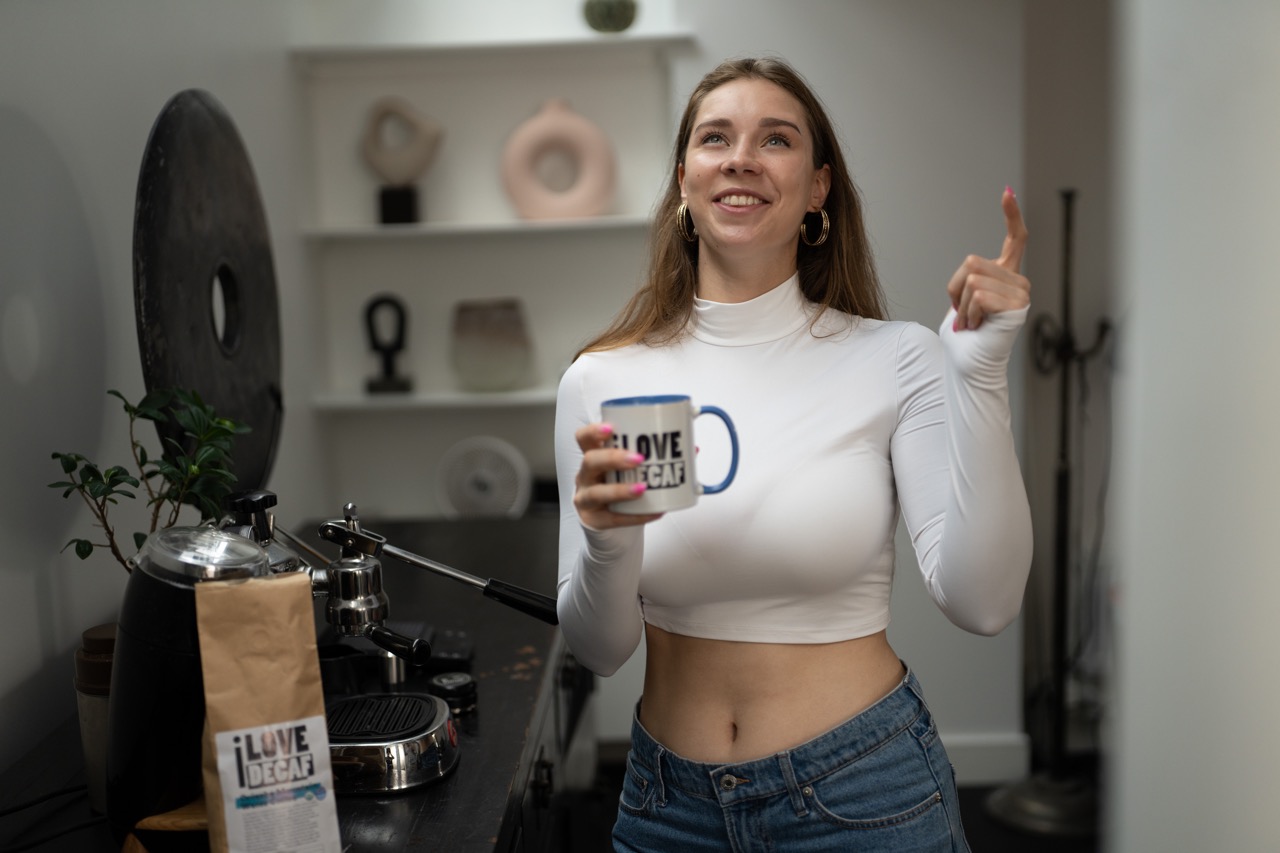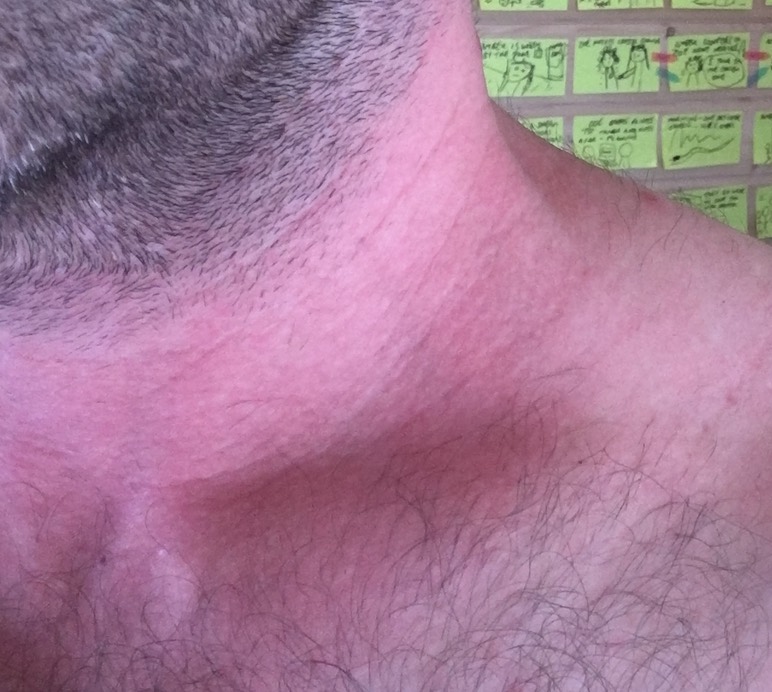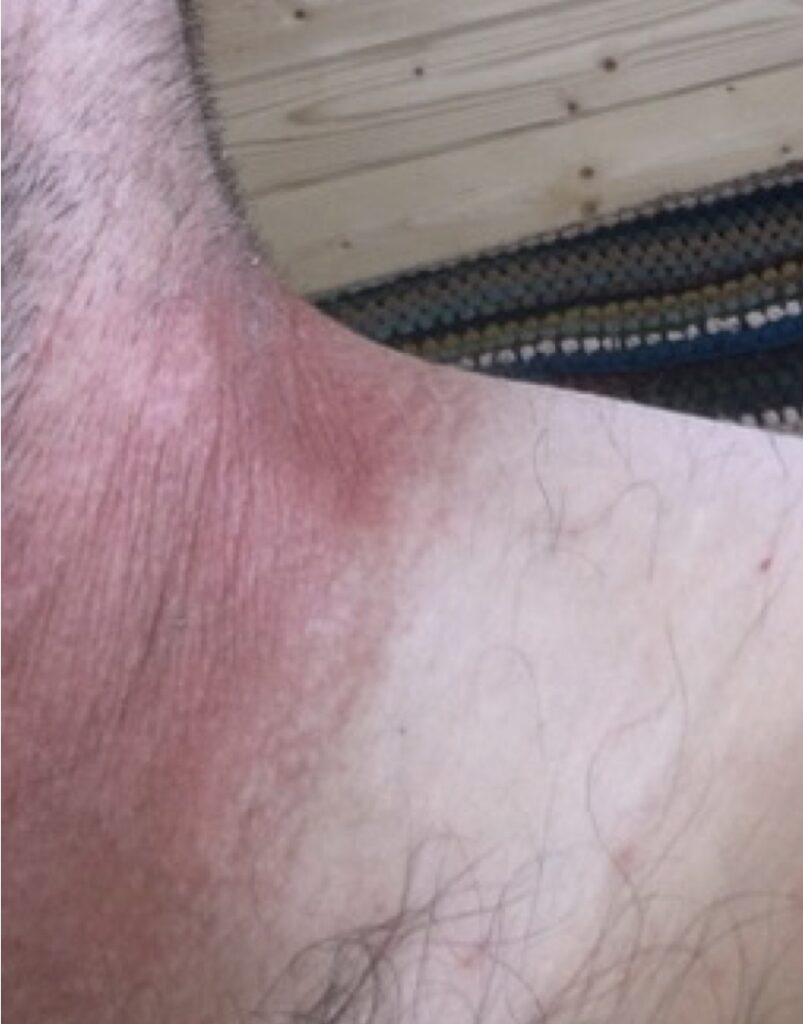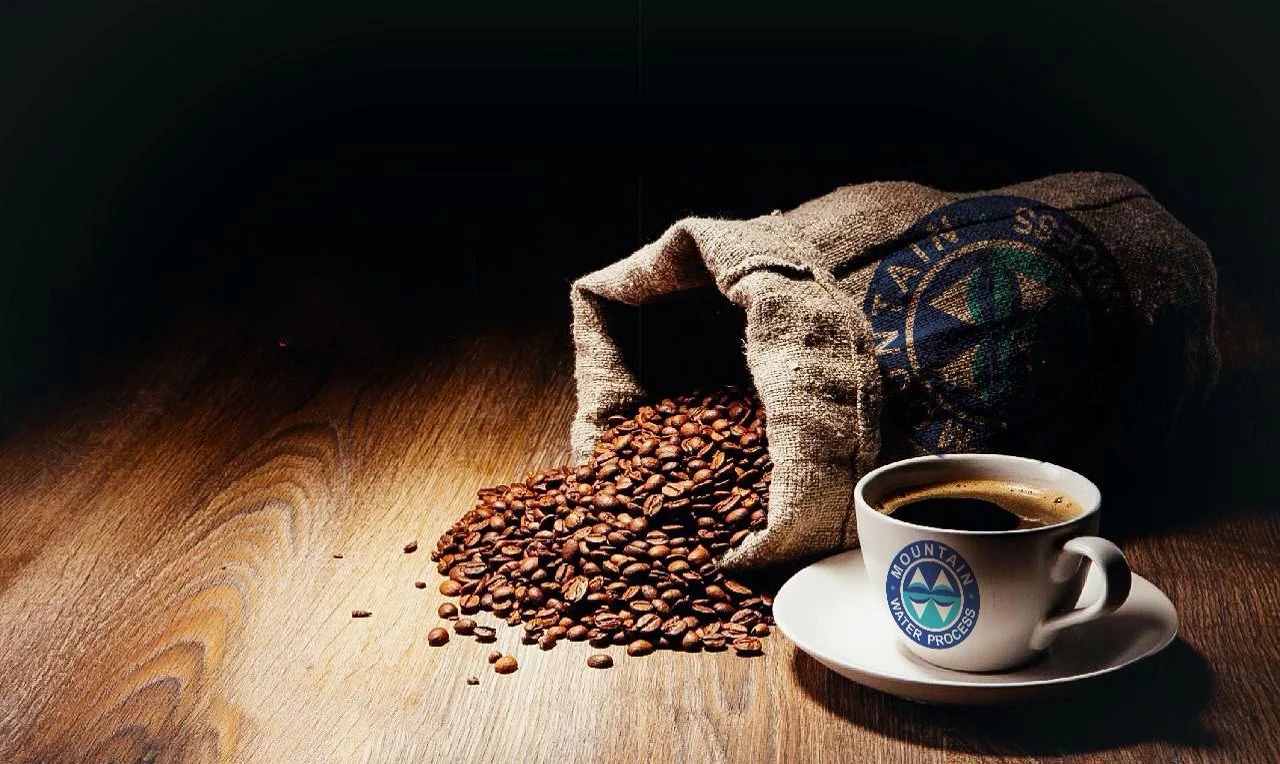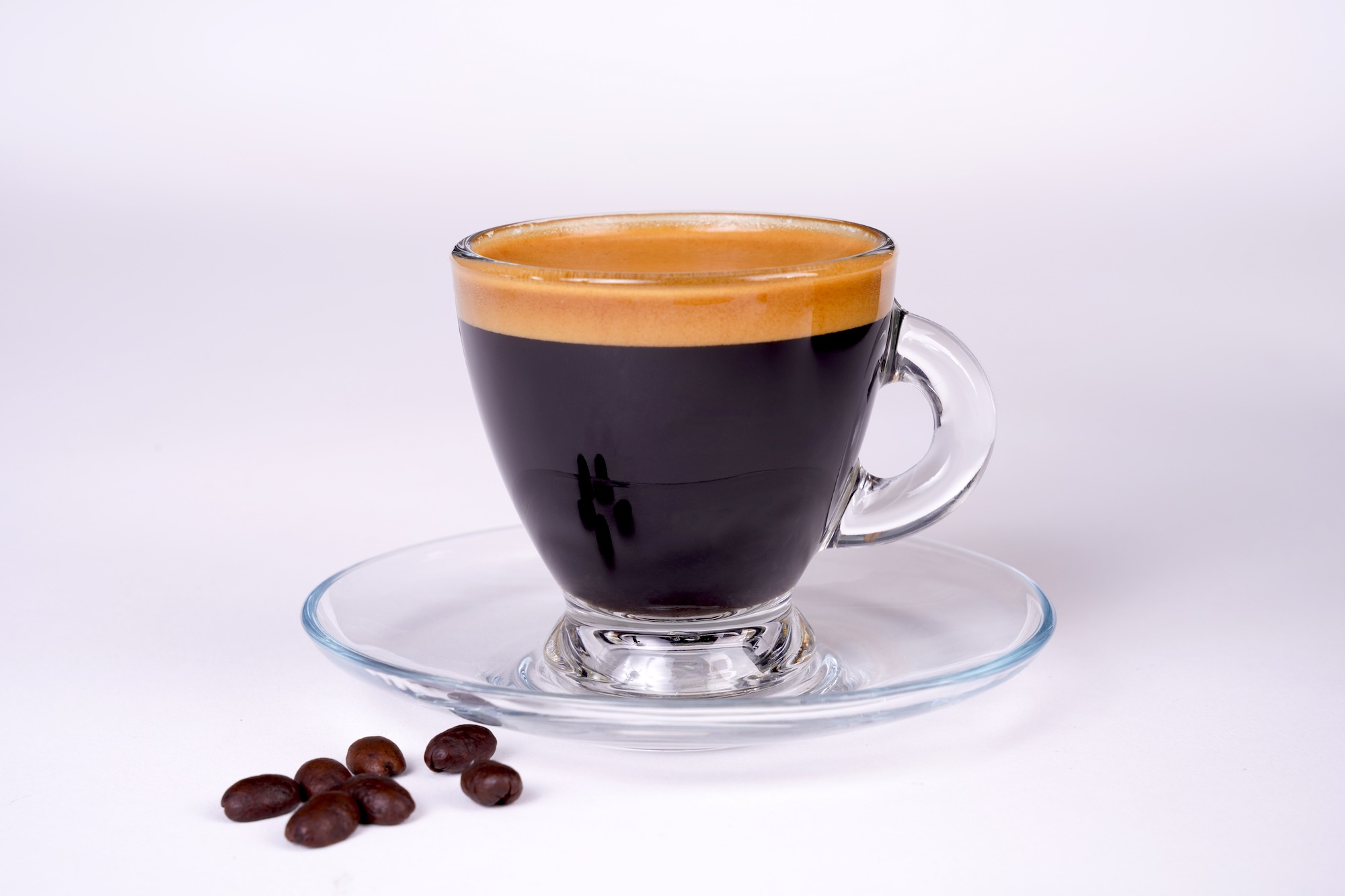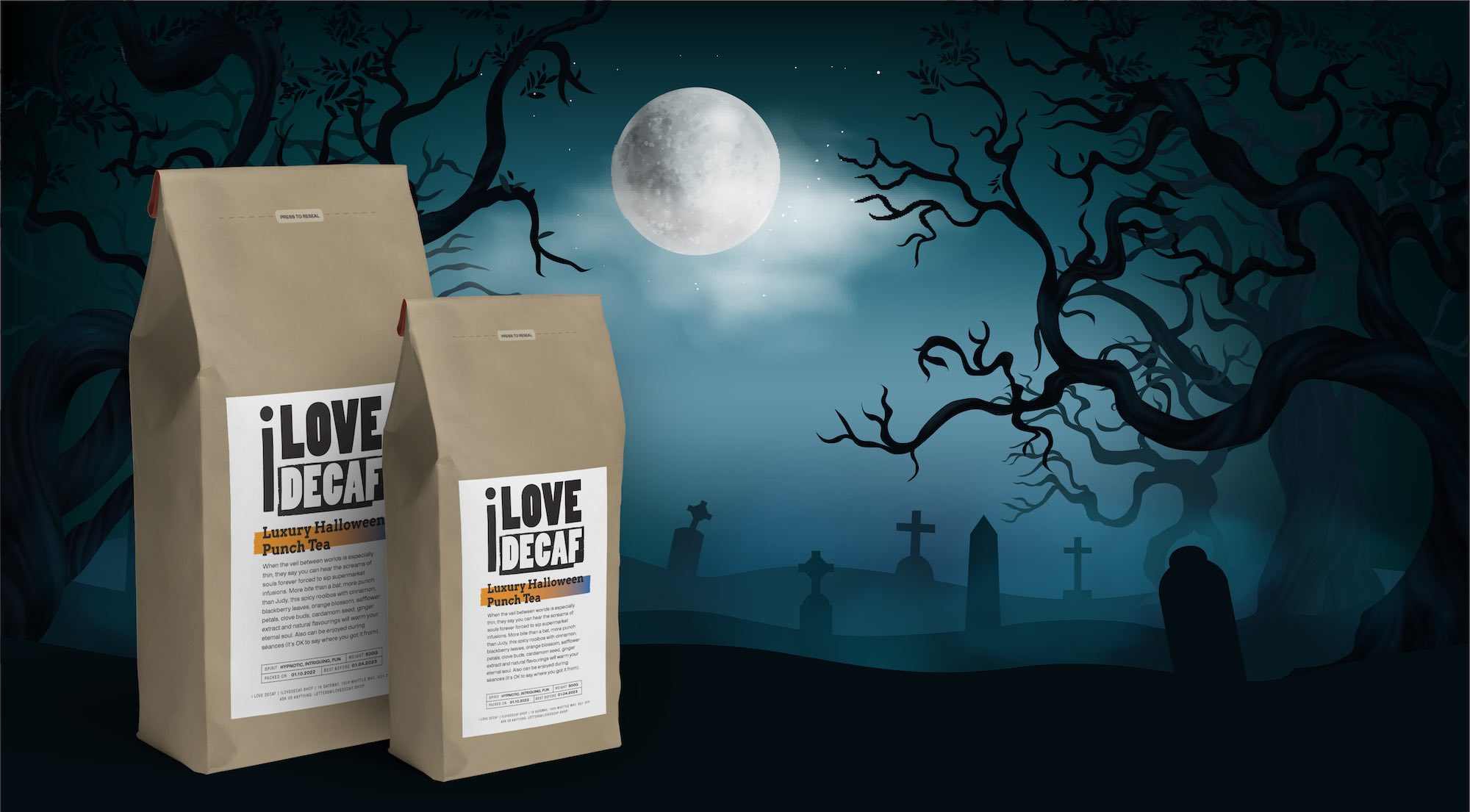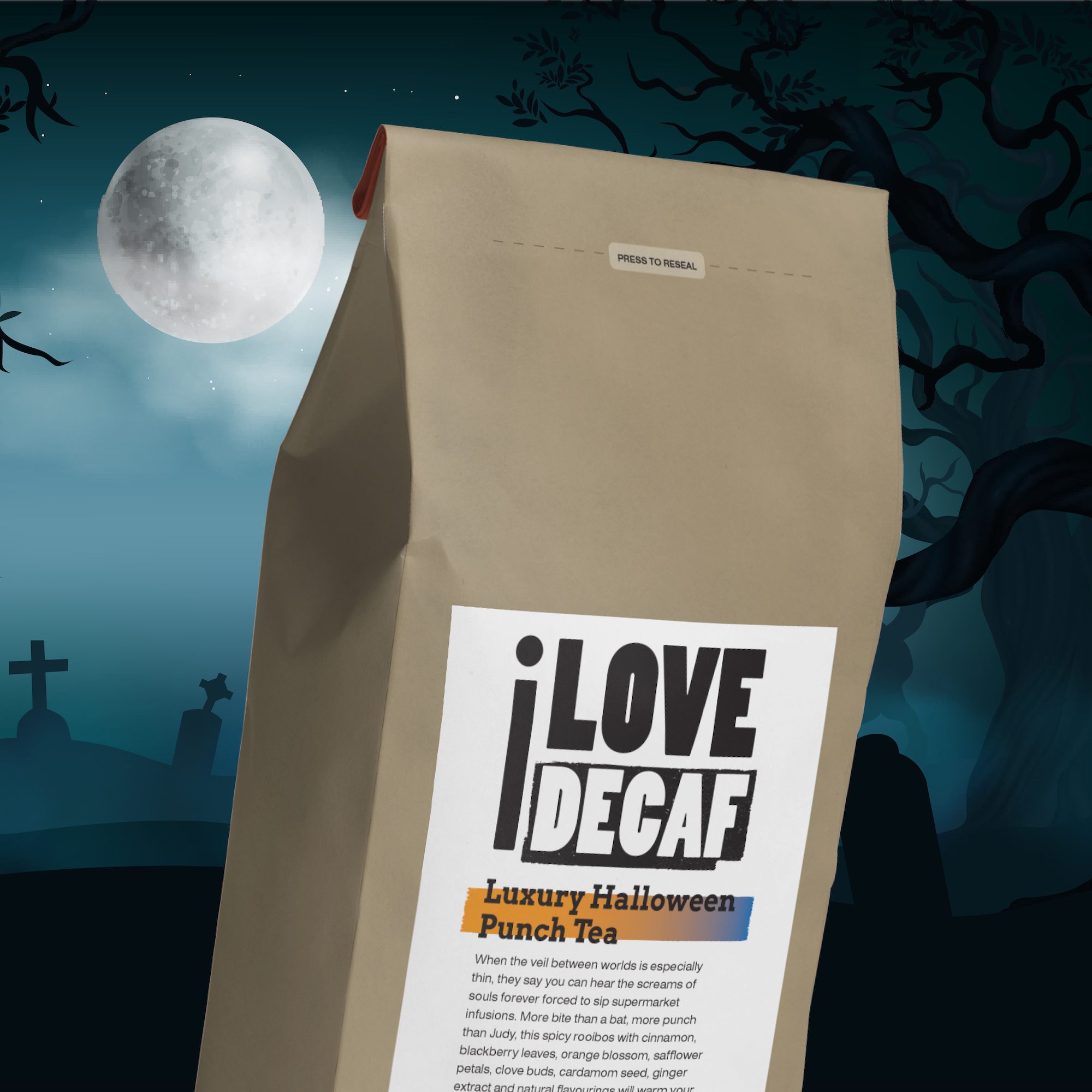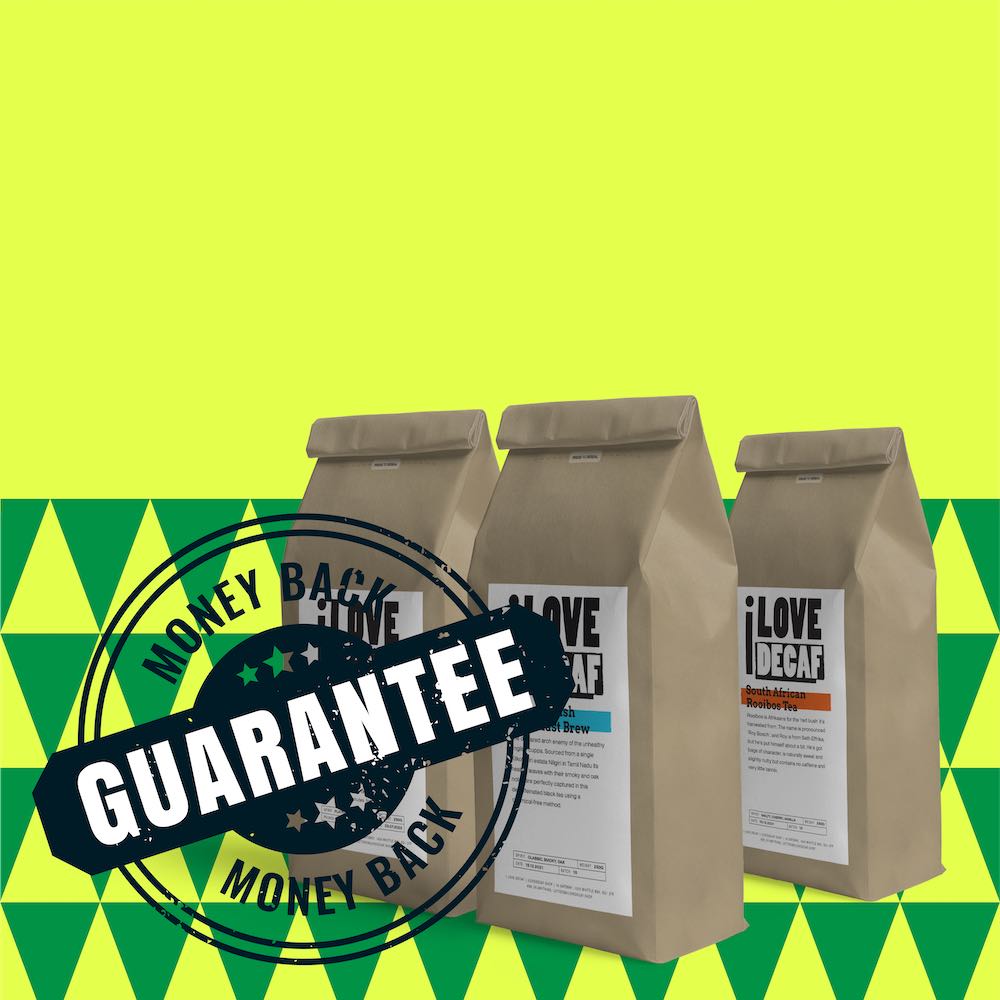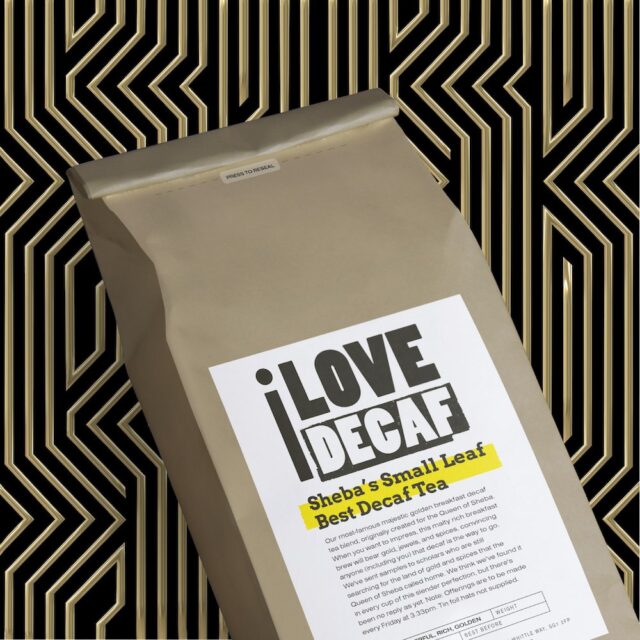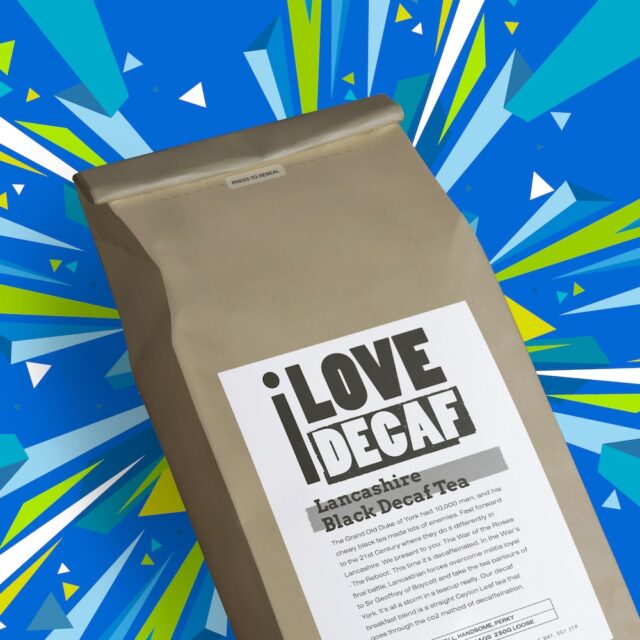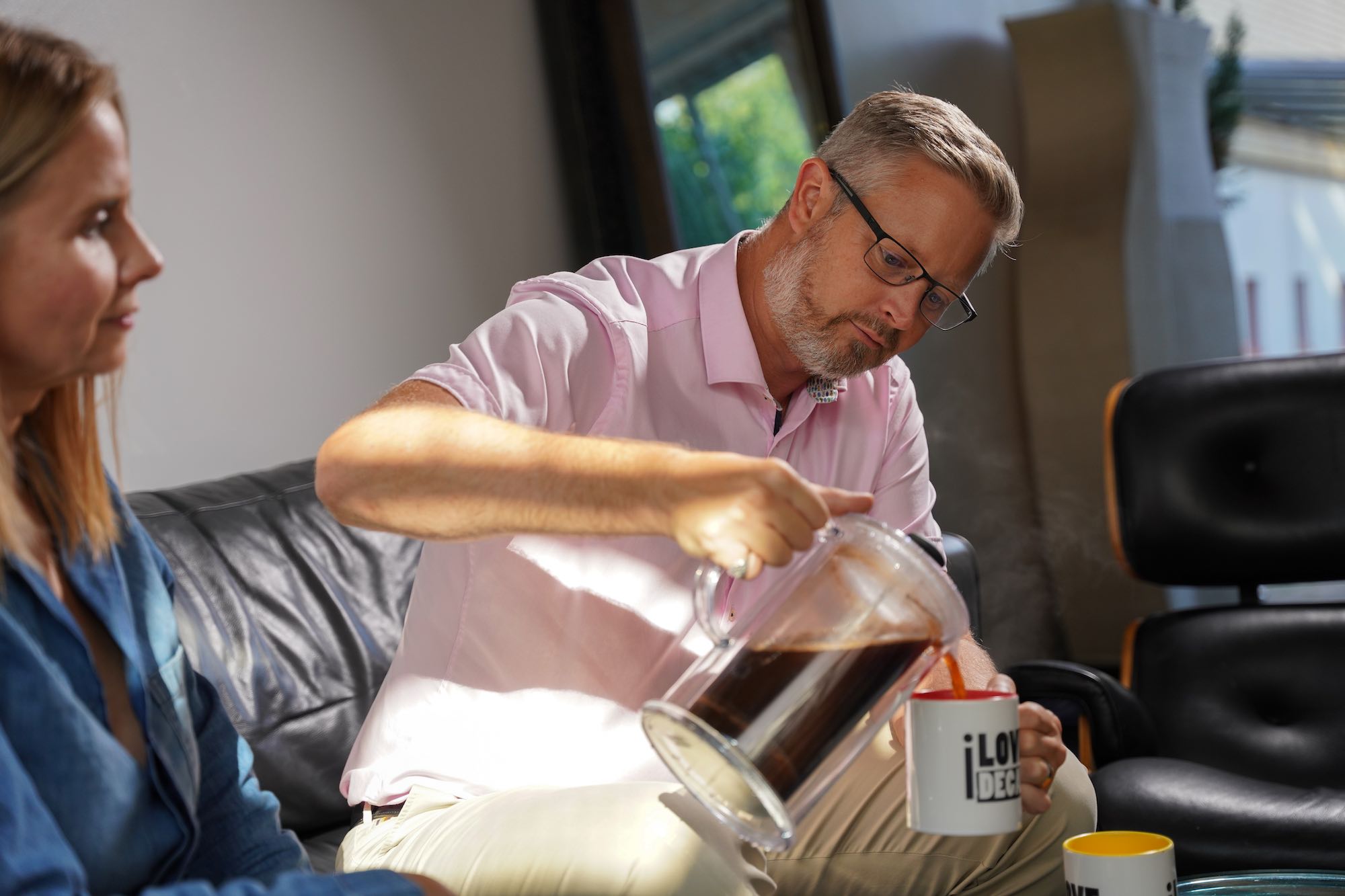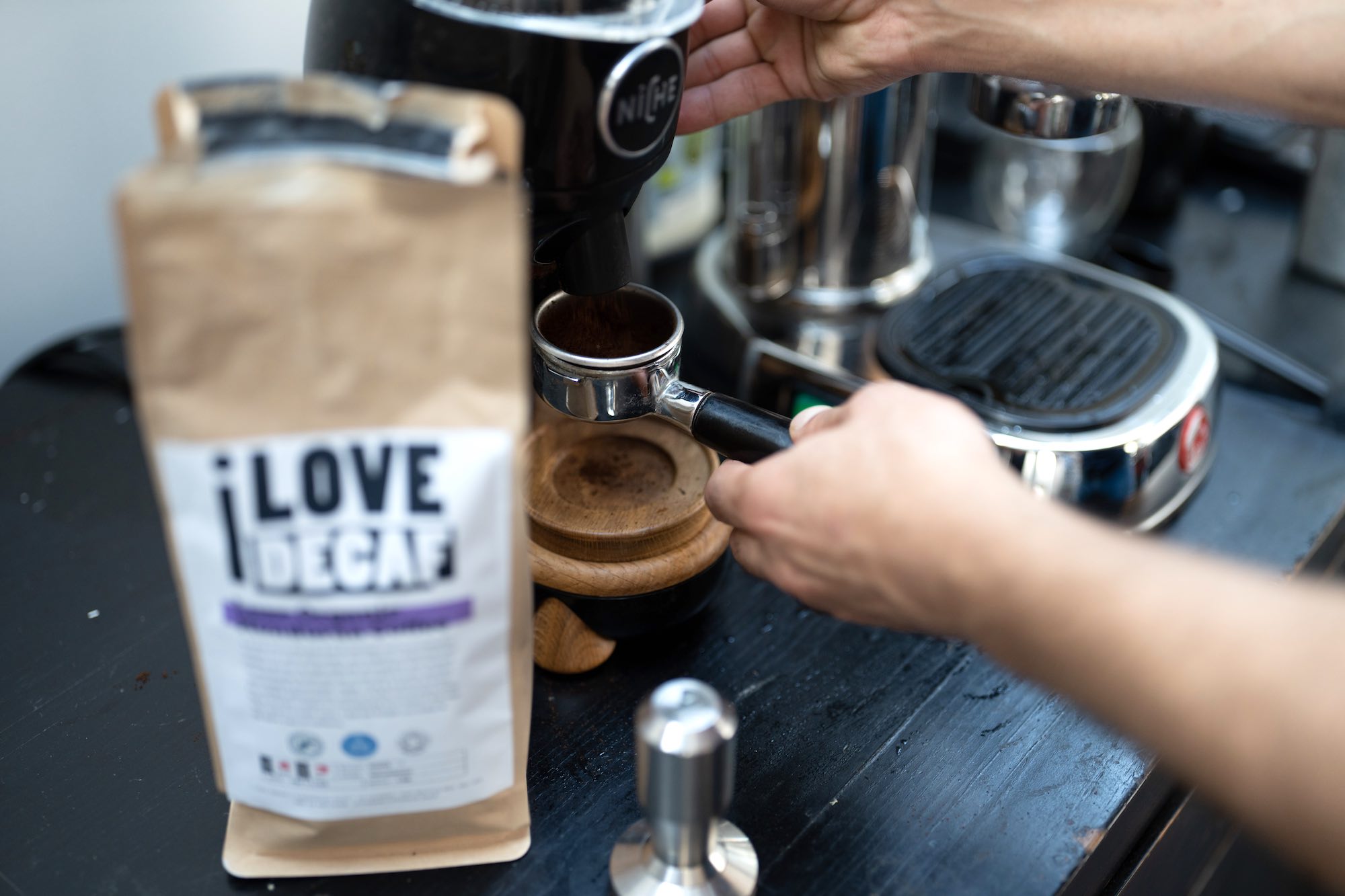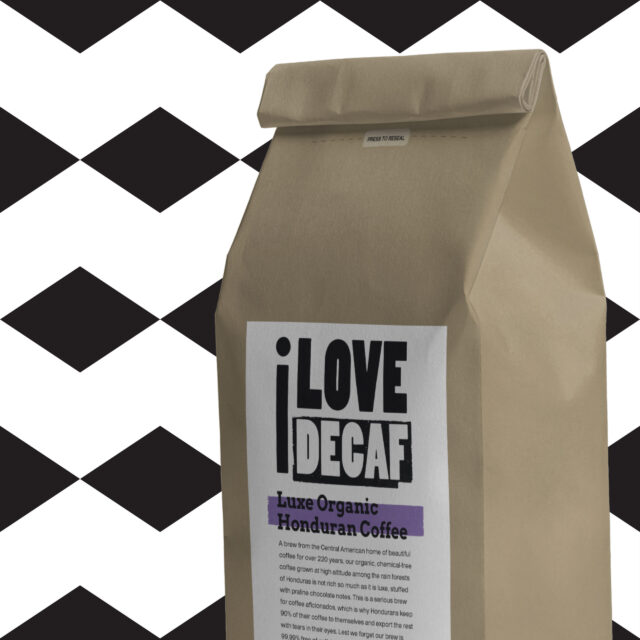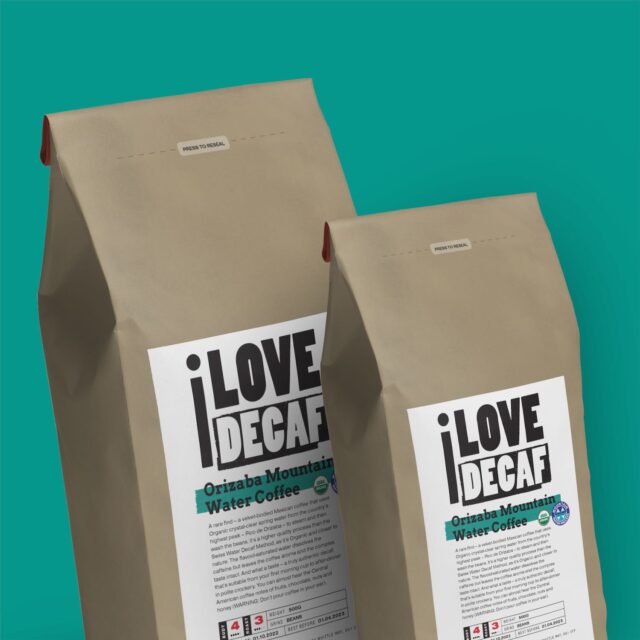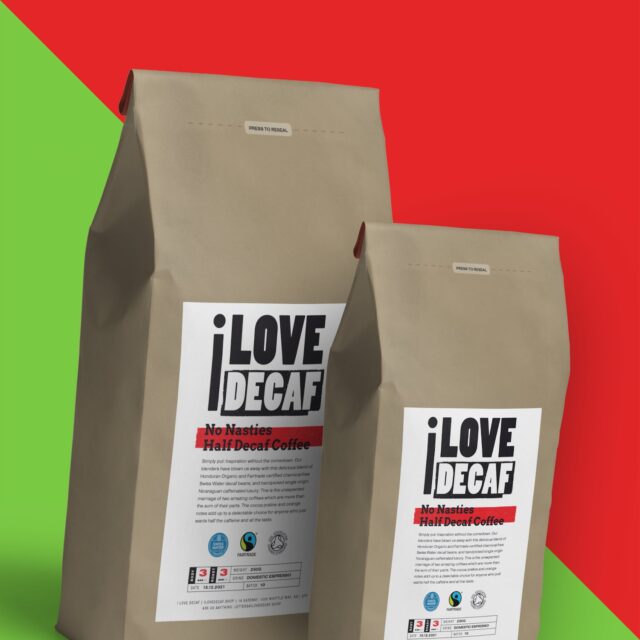So, you’re a coffee connoisseur like the best of us but you’re looking for a new jitters-free brew. When first starting out in this caffeine-free world, you’d be forgiven for asking the following question: “does decaf taste different?”. The answer, surprisingly enough, is “it depends”.
Gone are the days when decaf was a dirty word, but that doesn’t mean you can buy just anything. There are tonnes of downright delicious options out there if you know where to look. But, buyer beware – it’s important to wrap your head around which factors are at play.
If you don’t know which decaffeination process or beans have been used for your grounds, you can end up with a brew that leaves a lot to be desired.
TLDR – Does Decaf Taste Different?
Don’t have time to read through a whole article? We get it. The long-and-short of it is that decaf coffee can taste different if certain decaffeination processes have been used.
However, high-quality decaf coffee that has been treated properly can taste practically indistinguishable from a regular cup. Factors such as the beans you’re using, how they’ve been roasted/ ground, how you extract your coffee, and even the quality of your water can all have orders of magnitude more impact than caffeine content alone.
What Does Decaf Taste Like? The Factors at Play
When asking “does decaf taste different?” it’s worth reflecting on the myriad other factors that can impact the flavour of your favourite morning ritual. The decaffeination process can indeed impact the end result of your brew, but this can pale in comparison to the variables we discuss below.
Does Decaf Taste Like Regular Coffee – The Factors Affecting All Coffee
It’s almost redundant to ask “what does decaf taste like?”. It’s like asking what a sandwich tastes like – what ingredients and cooking methods have gone into it? We explore the important factors below:
The Beans You Use
So, does decaf taste different? Different from other beans you’ve tried before? Potentially. Different just because it’s decaf? Not necessarily, no. The beans you’re using have a huge impact on the final flavour of your coffee. Coffee around the world is bred and grown with a variety of different preferences in mind.
Some demographics prefer a sour, tart taste. Others search for mellower pastures. While the roast and brew method are also critical, the actual beans you’re using count for a lot.
The Roast of Those Beans
Replace the question “does decaf taste different?” with “what does a steak taste like?” and you start to see why this line of questioning is difficult to answer. A steak will taste wildly different depending on how long you’ve cooked it for, the temperature you cooked it at, and the cut of meat you’re using.
The same is true for coffee! Darker roasts of coffee usually have a stronger, one-note flavour. They’ve been left on the roasting machine for longer and therefore contain less moisture and often less caffeine. They taste like a quintessential cup of stereotypical coffee – strong, slightly bitter, and without much complexity.
Lighter roasts tend to have a richer, more nuanced flavour. Thanks to their shorter stint in the roasting machine, they maintain more moisture and are a denser, higher-caffeine option. These coffees often come with tasting notes of toasted nuts, chocolates, summer fruits, and much more.
Your Extraction Method
Last but certainly not least is the way you actually brew your coffee. How long have you left it for? If you’re using an espresso machine, how long was the water running through your portafilter? Did you bloom the grounds beforehand? Speaking of your grounds, how finely or coarsely did you grind them? You get the point.
There’s a dizzyingly long list of factors that can change how your coffee tastes and decaffeination is only one of them.
So, does decaf taste different? Yes! But not in the way you think. The same flavour-influencing factors that impact the taste of caffeinated cups can change the way you enjoy your decaf brews. A roast being decaf in and of itself isn’t necessarily an issue. That’s determined by the specific decaffeination process used.
Does Decaf Taste Different? The Factors Impacting Decaf Brews
So when does decaf taste different? If a bag of coffee beans has been decaffeinated using the “wrong” method, they can indeed end up tasting significantly different from a regular cup.
What Does Decaf Taste Like? It Depends on The Decaffeination Process Used
The following decaffeination methods are still used around the world today:
- The C02 method (okay for coffee flavour but not perfect)
- The direct-solvent method (cheap and scalable but not great for flavour preservation)
- The indirect-solvent method (tastier than the direct method but unideal)
- The Swiss Water method and Mountain Water method (much better flavour preservation)
“Traditional” methods of removing caffeine from a cup of joe involve the use of solvents. While this can be perfectly safe – and for some people perfectly adequate in terms of flavour – it definitely does tarnish the final result.
Coffee is relatively delicate and these solvents can also remove some of the all-important compounds that comprise its remarkable flavour.
Coffee that’s been decaffeinated using the Swiss Water method can be every bit as delicious as regular coffee. Call us biased, but we’re also right! This method uses just water, heat, carbon filters, and time to delicately remove up to 99.9% of caffeine from your morning cup.
This way, you get all of the taste with none of the jitters!
Does Decaf Taste Different Than Regular Coffee? Not if You do Things Right!
When does decaf taste like regular coffee? When you’ve sourced and brewed it correctly! Our range of high-quality decaf coffee has been brewed with the utmost care and attention. No, really – we take this stuff very seriously.
Each sip will taste exactly like regular coffee, just without the jitters.

